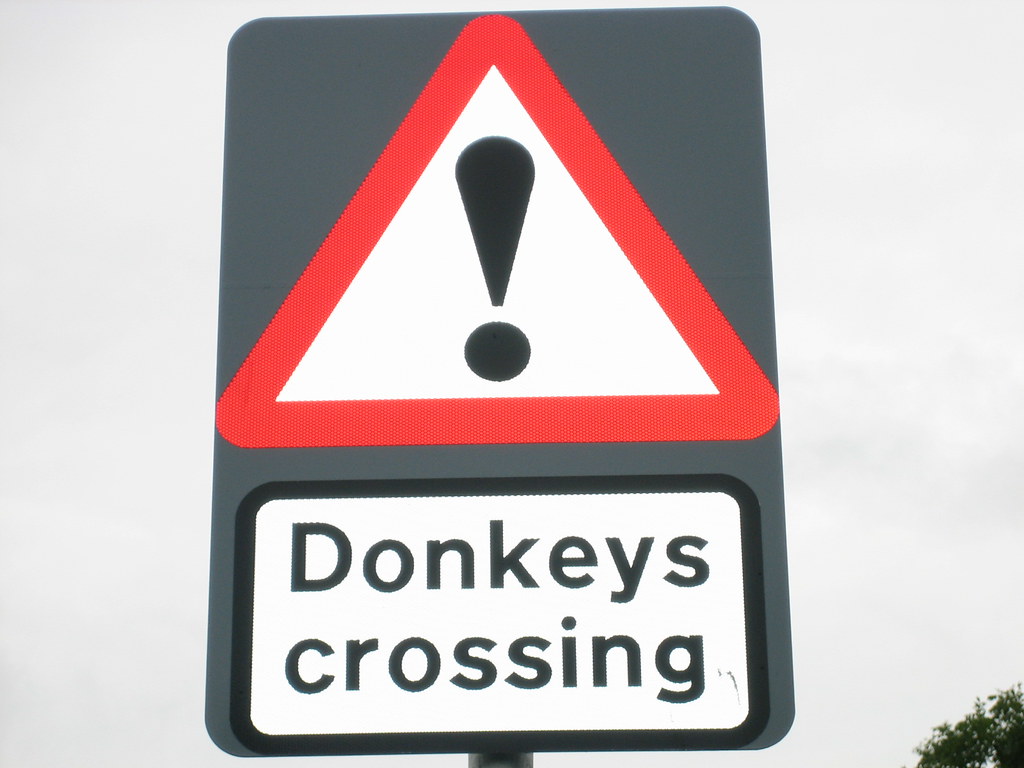David and Goliath
Every charity is an under-dog and has giants to overcome. Even the biggest charity brands (some of whom you may feel represent Goliath when you’re competing for media space or the same donor’s support), are themselves under-dogs in the face of Cancer or Social Injustice etc. So anyone who works for a charity, and especially anyone who is determined to succeed in fundraising, should benefit from reading the fascinating new book by Malcolm Gladwell, David and Goliath, underdogs, misfits and the art of battling giants.
This is not just a series of clichéd stories of Rocky-type little guys who keep getting up and sooner or later win through in spite of the punches they’re taking. The book is inspiring because it debunks myths about how we traditionally think about Advantage and Disadvantage, and through this re-framing, helps us dare to re-evaluate our own options for handling the Giants we face.
Look at the story differently. Gladwell starts by re-framing what happened in the valley of Elah in the 11th century BC. The man-mountain Goliath expected an opponent from the Israelite side to face him in hand to hand combat. In modern language, the phrase David and Goliath usually means an unlikely win for a plucky under-dog. But Gladwell shows us that the moment the shepherd boy David stepped up, and refused to play the orthodox game (he kept well back from Goliath) he was in fact far more likely to win. From a distance, the lumbering, armour-encumbered giant was a sitting duck for the skilful operator of a sling-shot – the ballistics expert Eitan Hirsch, estimates that at a range of 35 yards the stone would have hit Goliath’s temple with the power of a modern day hand-gun.
Political Scientist Arreguin-Toft studied all the wars over the past two hundred years and found that when a country that is 10 times smaller than its opponent, refuses to fight in the orthodox way – i.e. it fights like David – it in fact wins 63.6% of the time.
If you feel like an under-dog fundraiser, you cannot afford to act like other fundraisers. You have to be smart enough, and hungry enough to do what most are unwilling to do.
Gladwell covers a range of themes concerning Advantage and Disadvantage, and this blog cannot do justice to all of them, but here are my initial ideas for any fundraiser facing difficult odds:
1) Do not be distracted by the apparent might of any Big Name charity you find yourself competing with. Above all concentrate on the donor / trust / company and on meeting their needs to the best of your ability. As Gary Player said ‘play the golf course, not the other golfers’. The moment you take even 1% of your focus off this task, by fearing the unjust might of your opponents, you will take resources away from your job of convincing the donor that to support you will solve their problems.
2) Hard as well as smart. I have heard many senior managers tell their troops to work smarter not harder. Laurence of Arabia’s desert nomads and indeed guerrilla fighters everywhere often defy the apparent odds because they use different, unorthodox strategies. And if you feel like an under-dog, it is true that you have to be smart about what activities are most likely to have an impact for you. So yes, SMART is essential. But you have to work hard as well as, not instead of, smart.
Not hard in the sense of going home late, but hard in the sense of what you’re prepared to DO, when you’re at work. If you consider yourself an underdog in anyway, then to succeed, you need to be willing to do things that normal fundraisers don’t do, such as:
- Proactively execute the 90/10 principle. Stop and work out the top 10% of supporters (companies / marathon runners / major donors etc) who give you most, and proactively spend more time understanding and meeting and thanking them. It is easier to generate greater funds by nurturing and delighting those already close to you, than to focus all your energies on new, cold prospects.
- Do donor tasks first, always. Do these proactive activities as a priority, every day. In the morning, straight away make calls to these greatest potential sources of increased support, as well as to your best future prospects. Most of your comfortable Goliath competitors lack the hunger to do this because it feels easier not to. But if you study the anger-fuelled drive of the person who founded your charity, you will find they did whatever it took to make a difference for the beneficiaries they cared about.
- Initiate. At events, dare to go and talk to people, even and especially the rich, powerful and awe-inspiring. You cannot afford to wait for your phone to ring. He who hesitates, waits and waits and waits. The more you act in spite of feeling fear, the easier it will become to regularly be brave.
- Practice influencing. Proactively find and practice telling more stories about your cause. Normal fundraisers don’t bother to do this, because it takes discipline and courage. But if you do, when you have a hard-won chance to talk to a potential donor, you won’t bore them, you’ll inspire them. Remember that ‘amateurs practice till they get it right, professionals practice till they can’t get it wrong’.
Rob Woods is delivering tried and tested strategies to help you secure more big gifts in the Major Gift Leader’s Master-class in London on 14th November.
Advertisement




